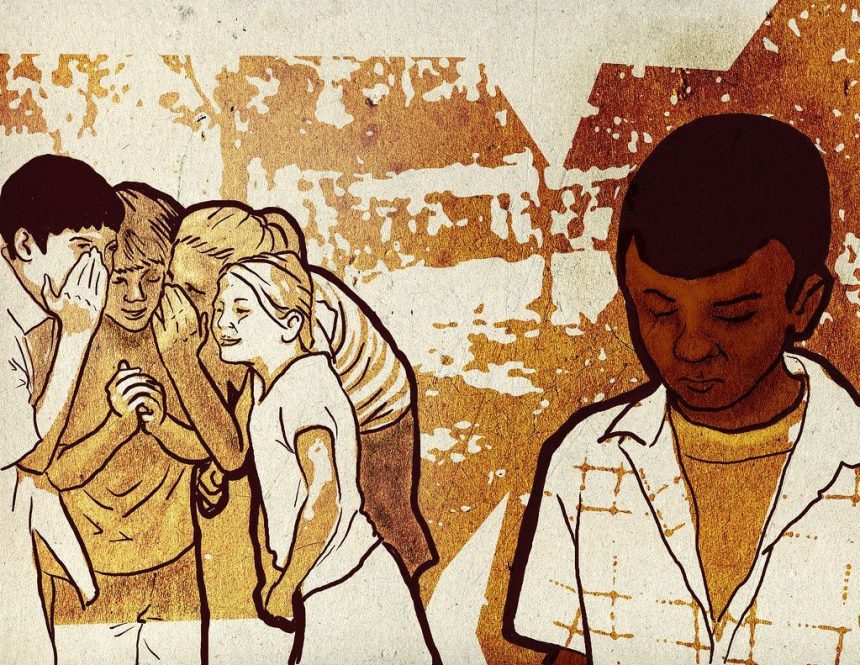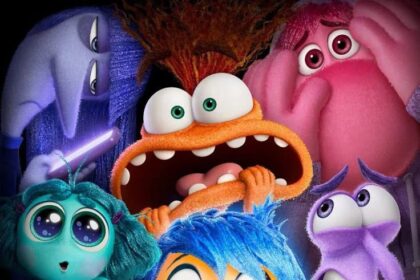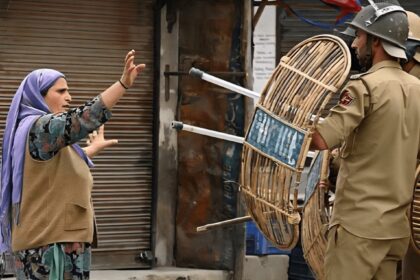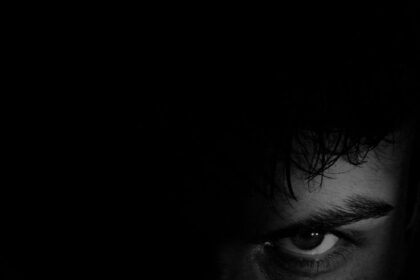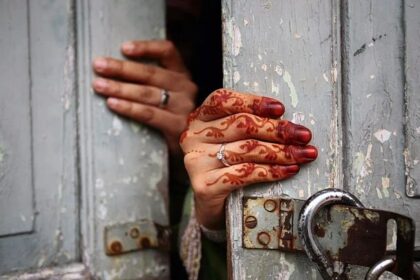The Prevalence of Skin Tone Bias in Daily Life
Whenever someone prays for a man to find a beautiful wife, a common enough prayer in Pakistan, the words commonly associated with this prayer are surkh safeed (red and white).
The act of discrimination and prejudice against people based on their race or ethnicity is defined as racism. In discussions with our elders, to describe someone attractive, the words commonly used are gora chitta (white), while to describe someone unattractive, they use the words kala bhjang (black).
Racist Jokes and Media Influence
Growing up in Pakistan, we have all been surrounded by countless conversations where racist jokes have been made. From our own close circle to TV show hosts, the number of racist jokes we encounter in our daily lives is astonishing. In countless interviews aired on channels such as Hum TV and ARY, we see the hosts making racist jokes while the dark-toned celebrity gives them an awkward smile or a forced laugh. Is making people feel uncomfortable the new trendy joke?
The Drama Industry and Skin Tone Stereotypes
Alongside this, in the drama industry, dark-skinned female actresses are usually given the role of the villain or a secondary role; barely any of the main leads are dark-skinned. On the contrary, the fair-skinned actresses are given roles of the innocent, kind lead. The same trend is followed for the male actors. The leads are fair-skinned, while the lead’s best friend or any other secondary role available will be given to a dark-skinned actor under the guise of being “diverse.”
Moreover, such dark-skinned actors are shown to be poor and have low-ranking jobs, mostly entailing those of farmers, sweepers, and drivers—usually the chichorey (cheap) ones. These roles are often shown in a derogatory light, displaying tones of classism, where blue-collar jobs are seen as an insult.
The Modeling Industry: Promoting Fair Skin
The models that are promoted in the industry are fair-skinned, such as Ayaan Ali and Maya Ali, who are known as the “top” models, the most sought after in the industry, whereas dark-skinned models such as Zara Abid and Iraj Manzoor are not that widely known. What makes this worse is that these models are not even dark-skinned but rather have an olive skin tone.
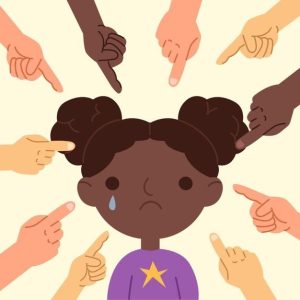
Advertising and Skin Tone Preferences
That aside, even the advertisement industry shows dark skin tones to be unattractive, whereas fair skin tones are characterized as attractive. They release cleansers, moisturizers, and creams that contain harmful steroids in the name of making your skin fairer so that the consumer can be enlisted in the mismanaged standard of beauty. Brands such as Fair & Lovely and Gold Pearl gloss out money on others’ insecurities.
A few years back, the Pakistani beauty industry launched these skin tone-whitening injections that every dark-skinned celebrity became obsessed with. Observing this new trend, many other Pakistani women, even those who did not possess a dark skin tone, decided to opt for these injections. Why is it that the standard for beauty in Pakistan is always associated with fair skin and a thin nose? For the women of Pakistan to feel so uncomfortable in their own skin that they go toward such drastic measures to change themselves is incredibly shameful for all of us.
Skin Tone Bias in Education
Even in schools, not only the public ones but also the so-called open-minded, bias-free, and full of opportunities for all private ones, fair-skinned students are unconsciously or implicitly treated better than dark-skinned ones. The teachers develop a preference for the light-skinned students, whereas they are quicker to criticize the dark-skinned students.
A Personal Experience of Discrimination
Recently, a group of students from my college visited other campuses. The guards of one campus labeled one of these students—the one with a darker skin tone as compared to the others—a driver, not a student, even though he was wearing a uniform. My concern regarding this incident is not just that the guard mistook him for a driver, but that he was the only dark-skinned individual who was misidentified in this way. Why are skin tones associated with ranks of jobs or the accomplishments a person can hold?
Our Role in Perpetuating Stereotypes
Being a part of the community in Pakistan, all of us play a role in the establishment of these stereotypes. Whether we think of ourselves as racist or not, when was the last time someone you knew made a racist joke and you turned a blind eye to it or even laughed, thinking, “It’s not that deep”? Conversely, when was the last time you proceeded to call someone out on their racist comments and racist behavior?







